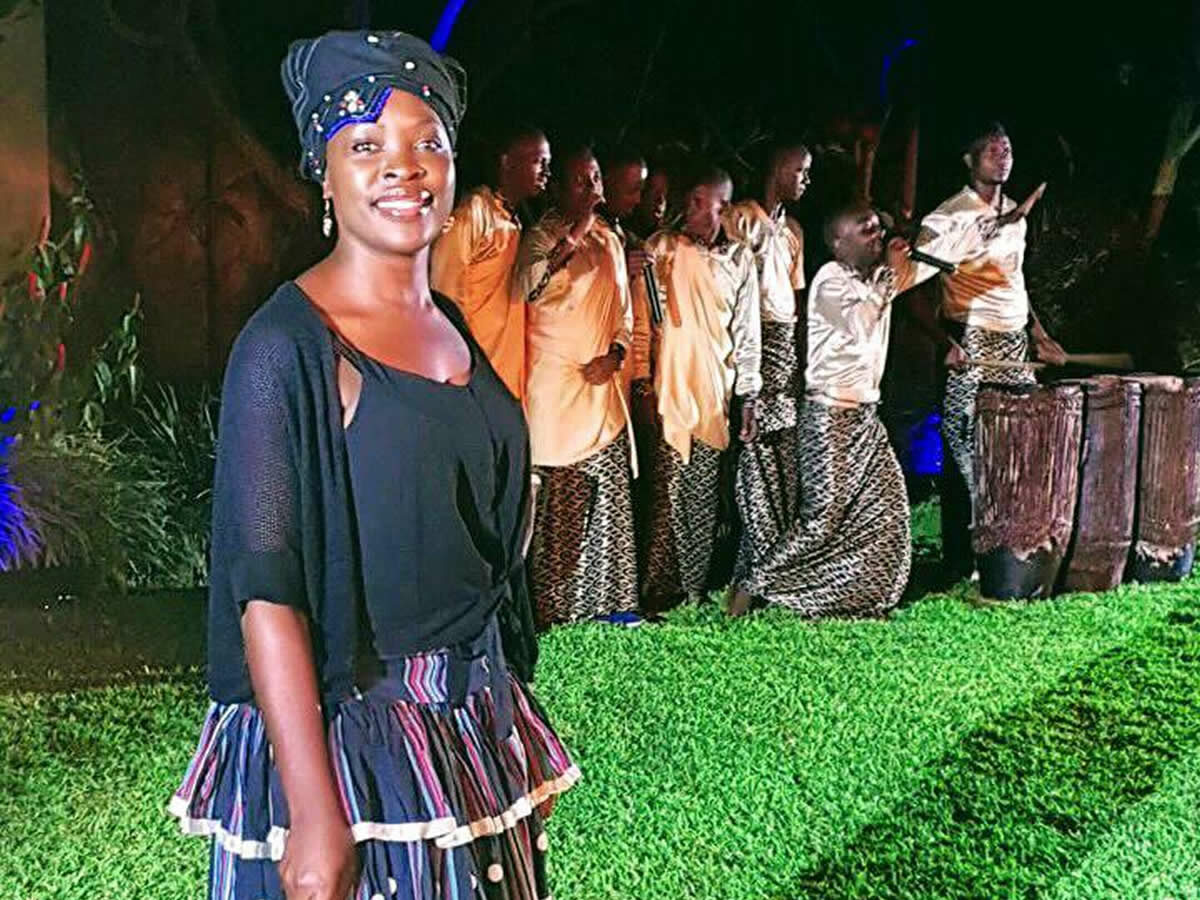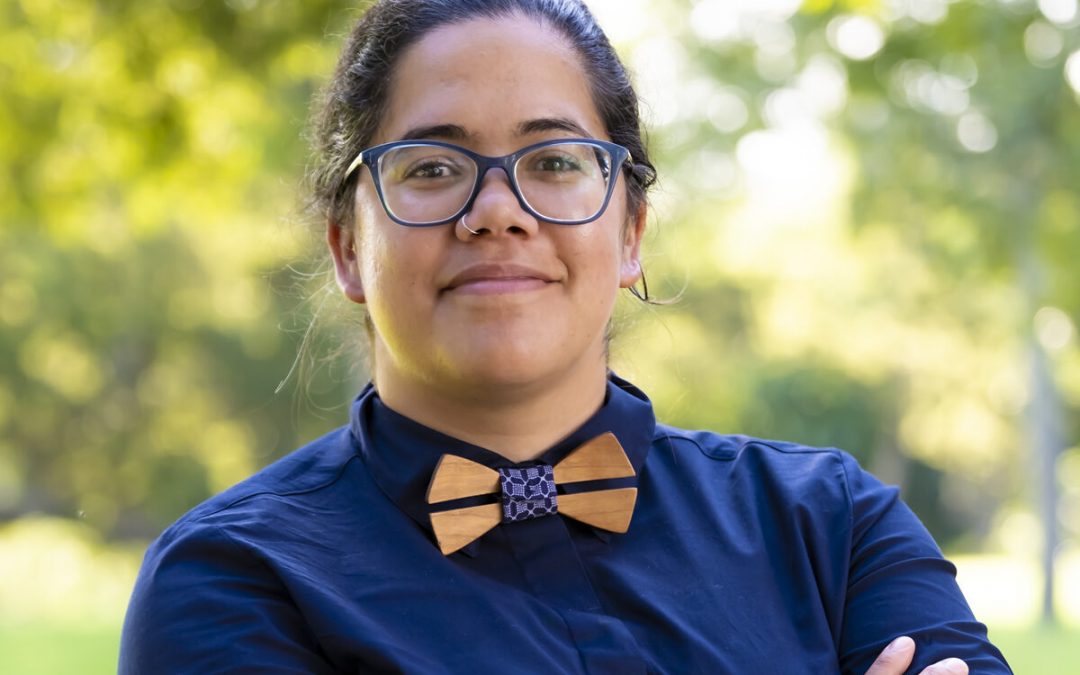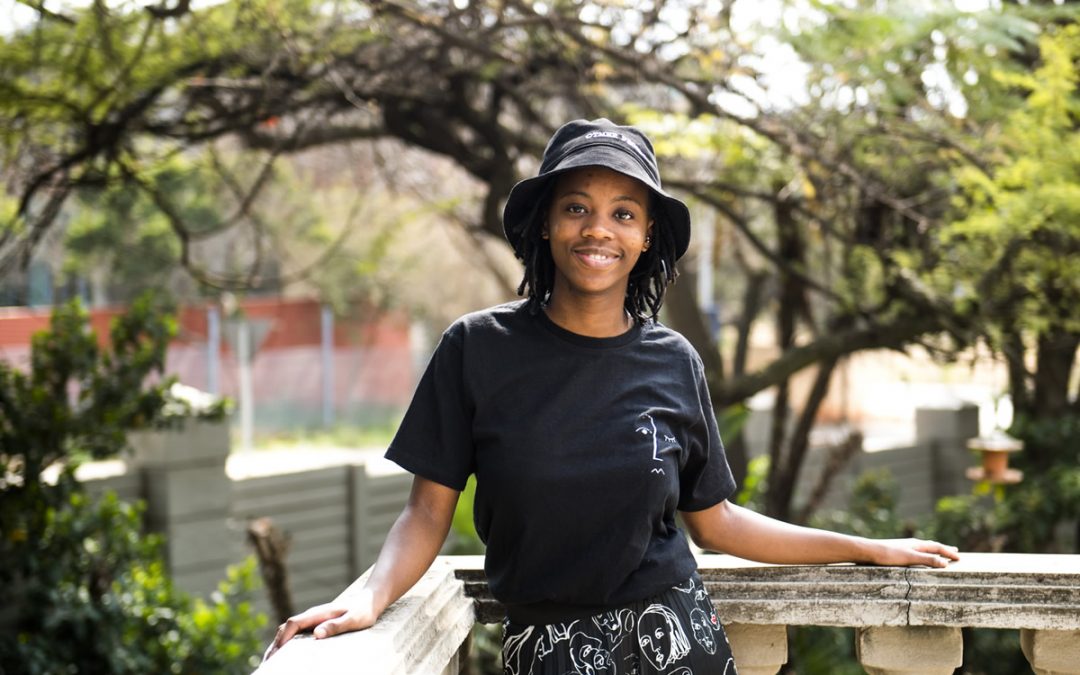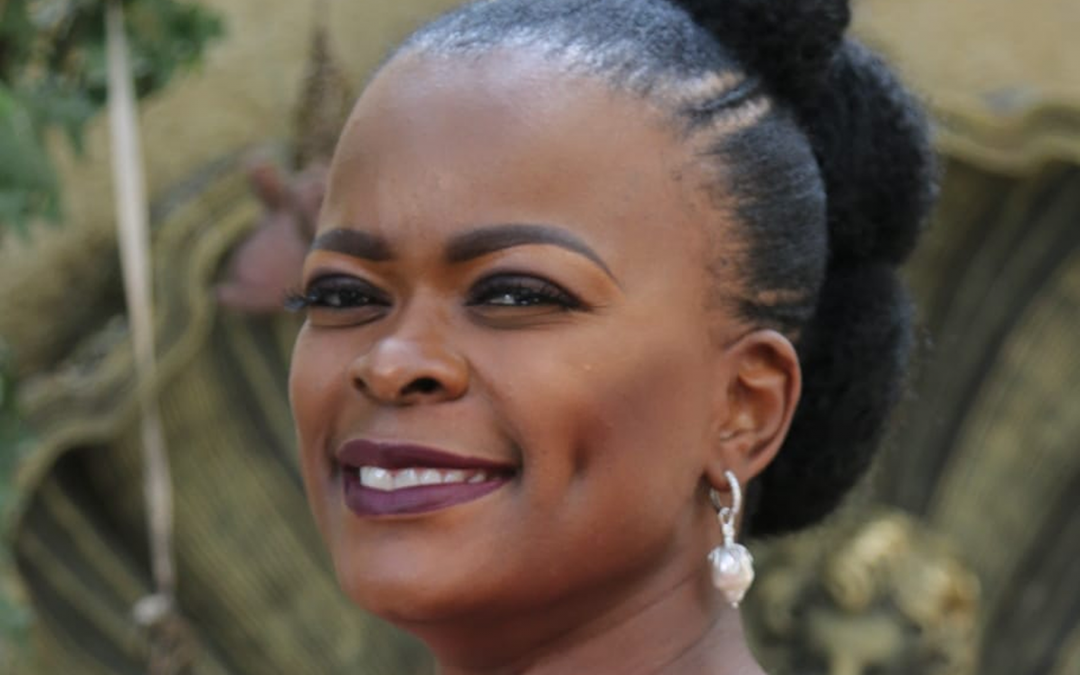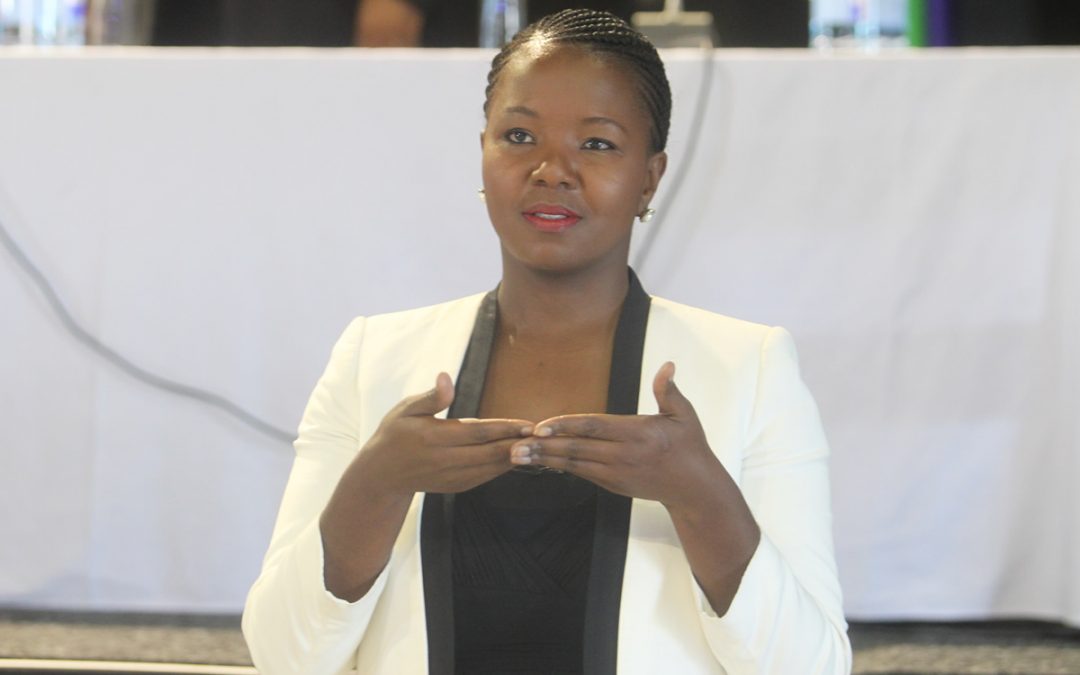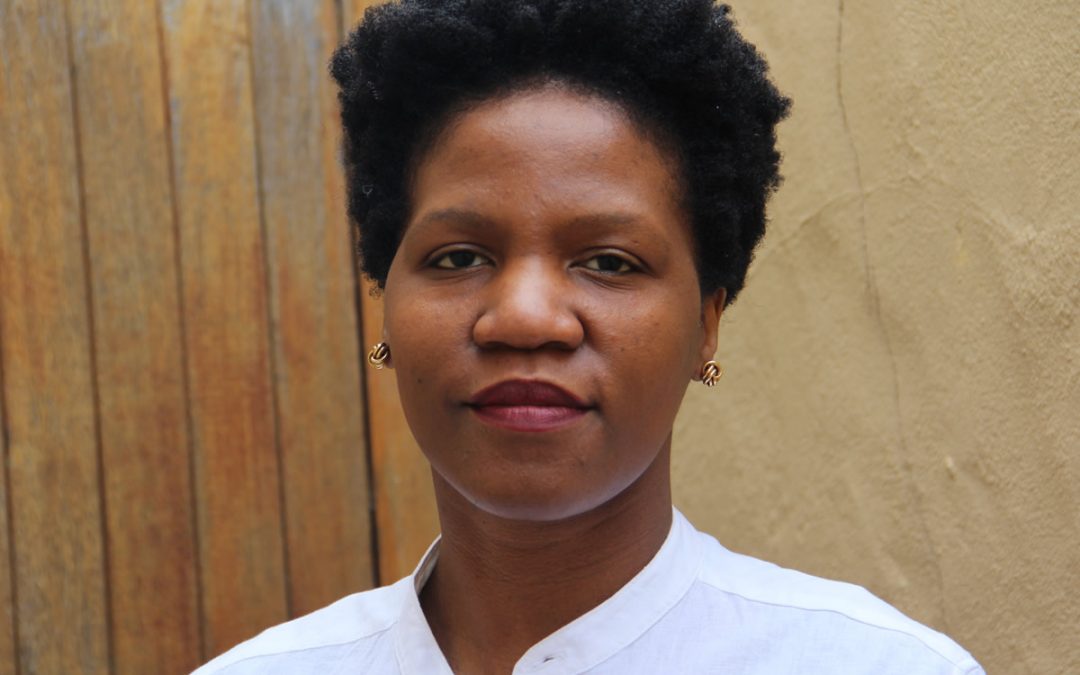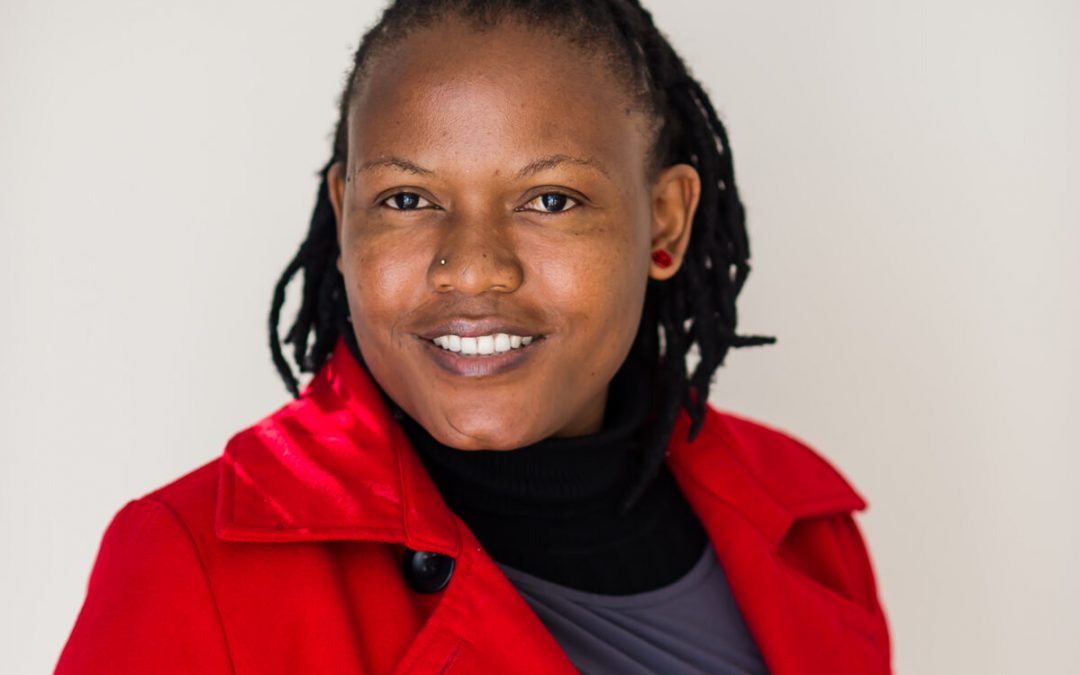A medical professional who uses her expertise to not only fight against the coronavirus but also helps uplift her rural Limpopo hometown.
As the country grapples with the coronavirus, leading health professional and academic Professor Tivani Phosa Mashamba-Thompson is proud of her contribution towards the country’s efforts to fight the virus.
She is leading a group of co-investigators in Limpopo who are conducting field evaluations of new antibody-based Covid-19 tests. Mashamba-Thompson is also a member of the Covid-19 scientific advisory committee for Limpopo — which she has described as one of the proudest moments in her decades-long career.
Mashamba-Thompson is a registered biomedical scientist/medical scientist (molecular biology) accredited by the Health Professions Council of South Africa. After eight years of multidisciplinary training and working as a biomedical scientist for the National Health Service (NHS) UK, she joined the faculty of UKZN as a lecturer in public health medicine in 2015. She was promoted to senior lecturer in public health medicine in 2016, academic leader research for the School of Nursing and Public Health in 2017 and associate professor in public health medicine in 2019. In 2020 she accepted a full professorship in the department of public health at the University of Limpopo.
Mashamba-Thompson also completed her PhD (in public health) in record time (two years) and completed a year-long postdoctoral course at Harvard Medical School. Since 2015 she has supervised 15 postdoctoral students to completion (two PhD and 13 master’s). Her research has also been published in over 100 peer-reviewed publications.
In 2018, she established a peer-mentorship forum for early and mid-career academics at UKZN and beyond. She also remains an associate professor at UKZN in the discipline of public health medicine.
She is a University College London (UCL) CASMI (Collaboration for the Advancement of Sustainable Medical Innovation) fellow. Her research revolves around evidence synthesis and translational research, with a focus on implementation of point-of-care diagnostics in under-served populations.
But her academic journey has not been without pitfalls. She says: “I have survived through the barren times as a black female academic operating in an untransformed patriarchal system.”
Growing up in Mulamula village in Limpopo, she experienced how hard it was to access adequate medical care in a rural community. This lack was exposed when local doctors were unable to diagnose Mashamba-Thompson’s mother with neuron disease (a rare and incurable neurological disease).
“While trying to help my mother, I developed an interest in the field of pathology. I was determined to make a meaningful contribution in the development of affordable and accessible diagnostics approaches for people living in rural and resource-constrained settings with limited access to laboratory infrastructure,” she says.
Community development and empowerment remain close to her heart, despite her internationally recognised achievements. She established a community project in Mulamula, which involved building an education centre that includes a library with over 3 000 books, a hall and an IT suite. The project has been running successfully for the past nine years.
What makes her a powerful woman? She has overcome great odds and has made a lasting impact on the development of others — and to research capacity building in South Africa.
“I believe in community empowerment as a tool to improve social cohesion, and I always find time to make a meaningful contribution to help uplift communities,” she says.

